 Liana Pereira
Liana Pereira
 Liana Pereira
Liana Pereira
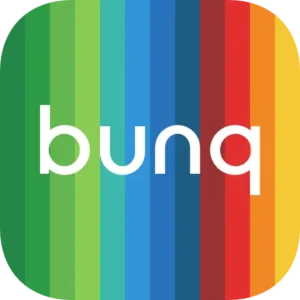
MyDutchWallet score
Student price
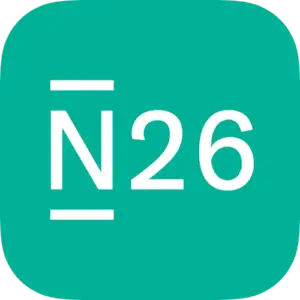
MyDutchWallet score
Student price
MyDutchWallet score
Student price
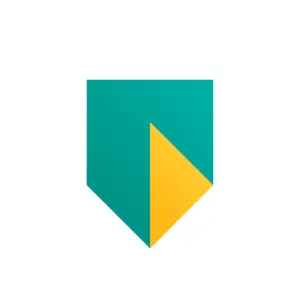
MyDutchWallet score
Student price

MyDutchWallet score
Student price
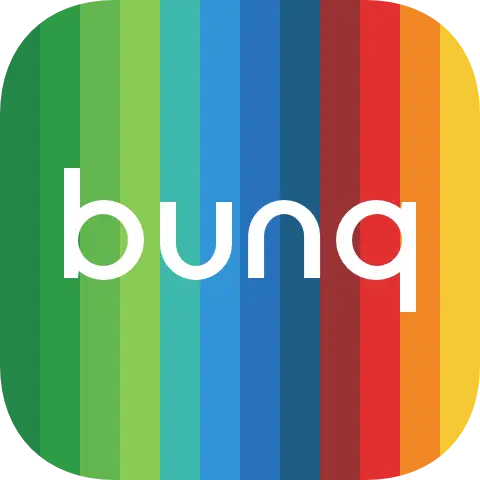
Coming soon

Coming soon
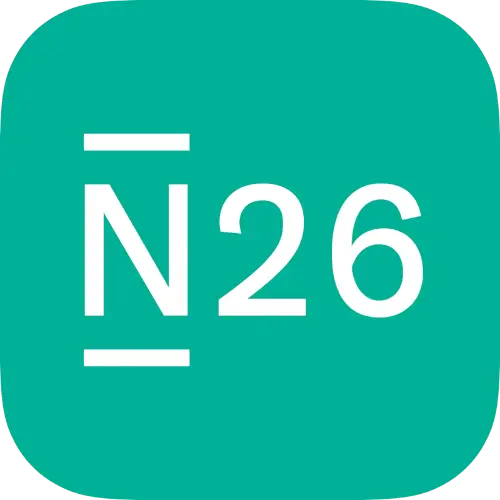
Coming soon
Coming soon
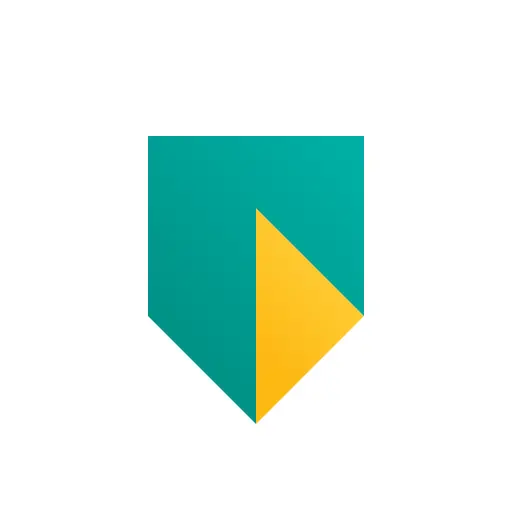
Coming soon
Dutch banks are pretty strict about paperwork, so it’s always a good idea to double-check that you’ve got all the necessary documents before your bank appointment.
Typically, a bank will ask you to provide:
Many Dutch banks now let you open a student account before you get your BSN, provided you have a valid form of identification (your passport or ID will suffice) and proof of university enrolment.

"Most international-friendly banks in the Netherlands are neobanks, which means that they operate entirely online and have no physical branches. While that’s convenient for your sign-up process, you might miss the in-person support. On the other hand, these banks are built to do everything directly within the apps — which is really convenient.
"
Liana Pereira, Finance Editor
If you’ve already got a bank account in a SEPA (Single Euro Payments Area) country like France or Germany, you technically don’t have to open an account in the Netherlands. EU law even states that Dutch businesses and landlords are obligated to accept IBANs from member states.
However, when it comes to dealing with payment systems that require a Dutch IBAN (like iDeal and Tikkie), life in the lowlands can often be a lot smoother with one.
On the other hand, if your current bank operates in a country outside the SEPA zone, such as the US or India, getting a Dutch bank account should be a priority.
It’s especially urgent if you’re transferring money to your university as proof of “sufficient funds” for your visa application. Without a Dutch bank account, transferring that money back to you could take weeks, which isn’t convenient when you have rent to pay and groceries to buy.
If you’re moving to the Netherlands for the first time, one of the first things you’ll need to do is get a BSN (burgerservicenummber). This is your identification number for the Netherlands. However, getting an appointment for a BSN can take weeks or months.
Instead, choose a bank that offers a grace period for providing your BSN. This gives you a head start on setting up your new Dutch life.
In the Netherlands, most student banking packages are free (or have reduced fees). However, the best part about them is that they often have waived BSN requirements, meaning that you can start banking as soon as possible.
In terms of basic features, these come with a current account, some form of savings account, and a debit card at minimum, though most neobanks offer even more handy banking features.
The Dutch might be one of the best second-language English speakers in the world, but not all of their banking institutions offer services in English.
International-friendly banks are always a good choice, as they’re guaranteed to offer support in a language you can understand (and likely come with more handy features for foreign students than traditional banks).
Having a BSN (citizen service number) is vital when it comes to living in the Netherlands, as you’ll be unable to open a bank account or pay taxes without one.
However, given that getting a BSN can take anywhere from a couple of days to a month, the process is inconvenient for international students who need to start banking right away.
The best solution? Opting for BSN-free banking! Many banks in the Netherlands now have waived BSN requirements, which allow you to open an account with no BSN — provided you submit this information within a set timeframe (usually 90 days).
Ideally, you’ll want a banking app that lets you do pretty much everything from the comfort of your own home: signing up, checking your balance, making payments, and more.
This way, you can even get your account up and running before your plane touches down in the Netherlands.
If you’re planning to receive money from abroad for your tuition or living expenses, it’s important to choose a financial institution with international banking features.
These features often include multicurrency bank accounts, international transfer capabilities, full English support, and more.
Yes, foreign students are allowed to open bank accounts in the Netherlands. However, they will generally be required to provide certain documents to do so.
These include a valid BSN (citizen service number), proof of enrolment, and a valid form of ID (such as a passport, European ID card, or Dutch residence permit).
Thanks to their international-friendly apps and student packages, traditional banks like ING, ABN Amro, and even Rabobank are popular choices.
However, neobanks like bunq, Revolut, and N26 are rapidly catching up with standouts like multi-currency banking and handy budgeting tools.
Yes, many banks in the Netherlands have waived BSN requirements.
This allows you to open an account without a BSN, provided that you agree to submit this information within a certain timeframe (usually 90 days).
Yes, Dutch online-only banks are generally safe, as they are regulated by the Dutch central bank (De Nederlandsche Bank). They also offer the same protections as traditional banks, such as the European Deposit Guarantee Scheme.